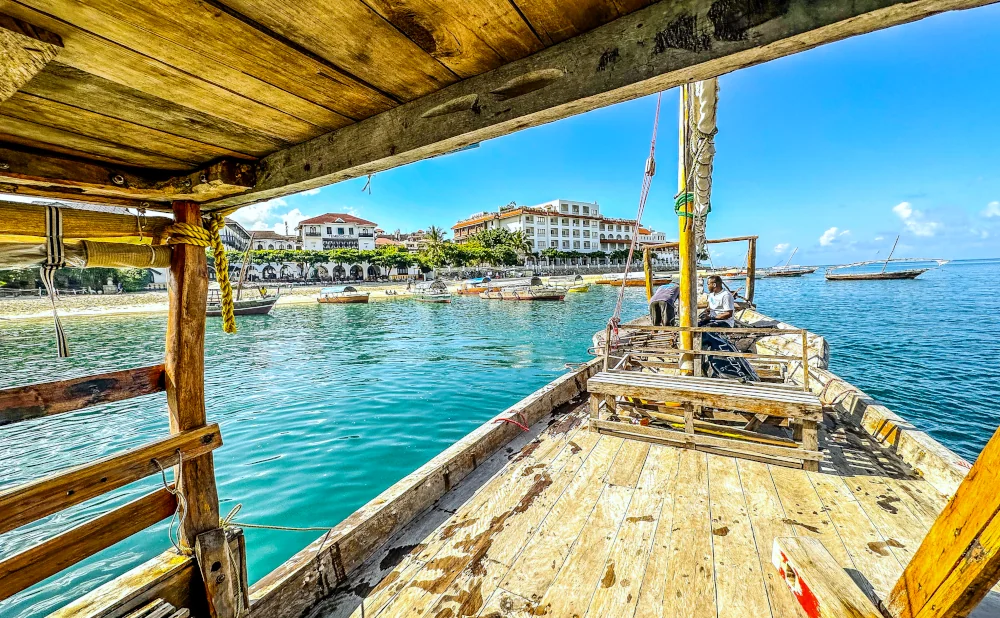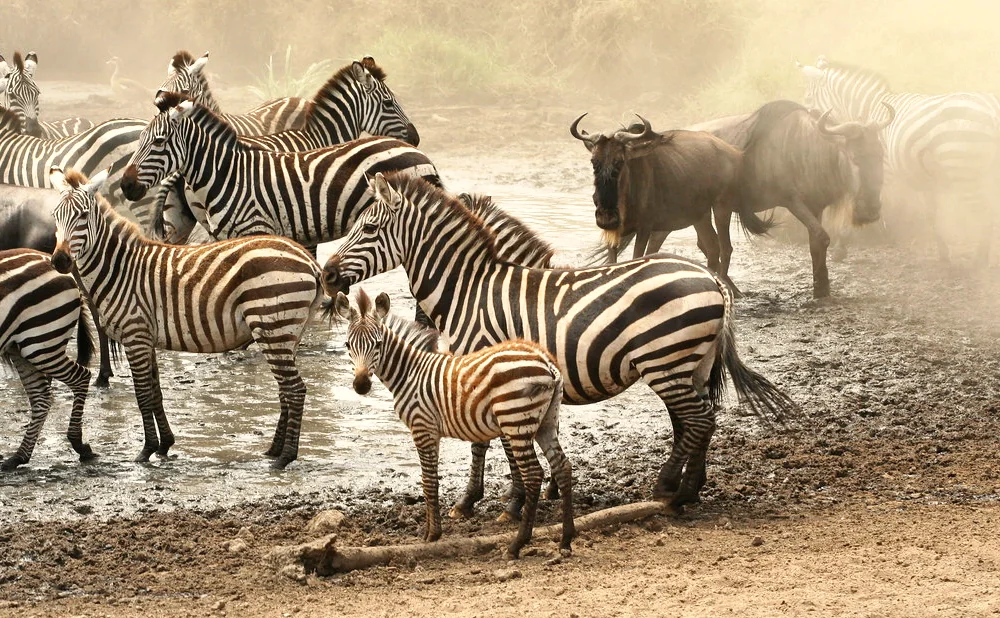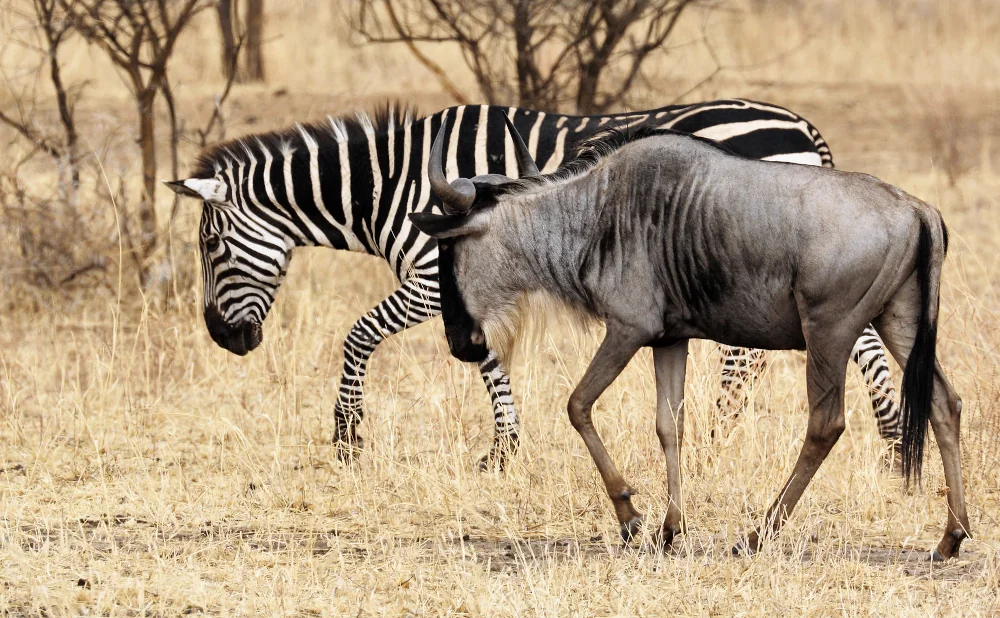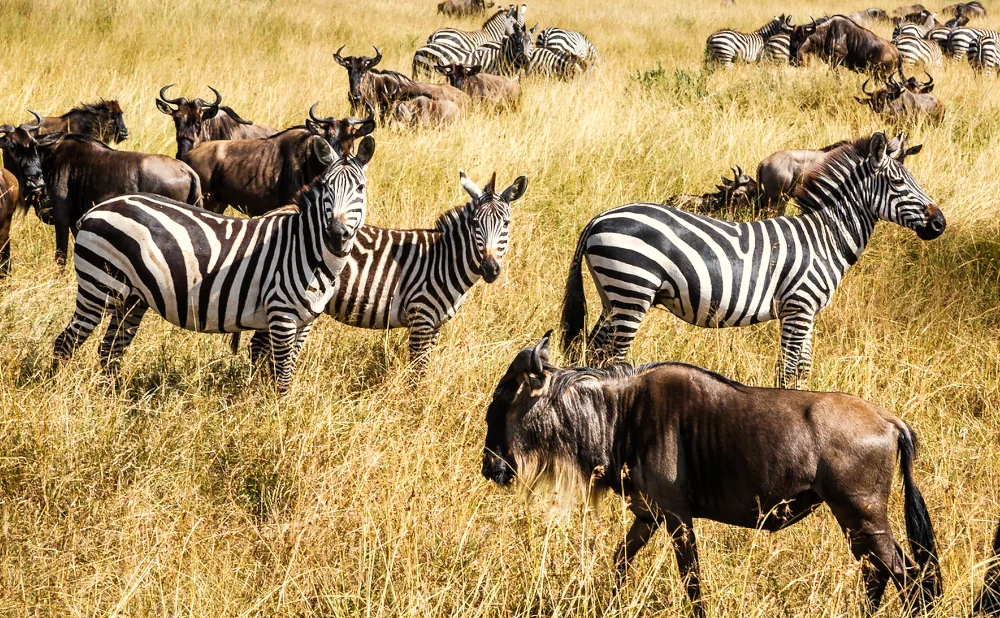Essential Tips for Planning Your Tanzania Trip
Planning a trip to Tanzania can be an exciting adventure, offering a mix of wildlife, culture, and breathtaking landscapes. With its stunning national parks, such as the Serengeti and Ngorongoro Crater, and the majestic Mount Kilimanjaro, Tanzania is a dream destination for many travelers. In this guide, we will walk you through essential tips to help you plan your trip to Tanzania, ensuring a memorable and hassle-free experience.
Why Travel to Tanzania?
Tanzania is a top destination for wildlife enthusiasts, nature lovers, and adventure seekers. The country is home to some of the most iconic national parks and game reserves in Africa, offering the chance to witness the "Big Five" (lion, elephant, buffalo, leopard, and rhinoceros) in their natural habitat. Beyond the wildlife, Tanzania boasts a rich cultural heritage, with over 120 ethnic groups, each with its own unique traditions and customs.
The Best Time to Visit
Tanzania's climate varies across different regions, but generally, the best time to visit is during the dry season, from late June to October. This is when the weather is cooler, and wildlife viewing is at its peak, as animals congregate around water sources. The wildebeest migration in the Serengeti, a highlight for many visitors, typically occurs from July to September.
Planning Your Itinerary
When planning a trip to Tanzania, it's crucial to consider what you want to see and do. Here are some must-visit destinations and activities to include in your itinerary:
Serengeti National Park
The Serengeti is one of the most famous national parks in the world and is renowned for its incredible wildlife and the annual wildebeest migration. A safari in the Serengeti offers the chance to see lions, cheetahs, and other predators in action.
Ngorongoro Crater
A UNESCO World Heritage Site, the Ngorongoro Crater is a massive volcanic caldera teeming with wildlife. It's one of the best places in Tanzania to see the Big Five and offers stunning landscapes and unique ecosystems.
Mount Kilimanjaro
For those seeking adventure, climbing Mount Kilimanjaro, Africa's highest peak, is a must. There are several routes to the summit, each offering different levels of difficulty and scenic views.
Zanzibar Archipelago
After exploring the mainland, consider a trip to the Zanzibar Archipelago for some relaxation. With its pristine beaches, turquoise waters, and rich history, Zanzibar is the perfect place to unwind.
Important Travel Tips
Visa and Entry Requirements
Before you travel to Tanzania, check the visa requirements for your country. Most travelers can obtain a visa on arrival, but it's advisable to confirm this in advance. Ensure your passport is valid for at least six months from your date of entry.
Health and Safety
When traveling to Tanzania, it's important to take precautions against malaria. Consult your healthcare provider about vaccinations and preventive measures before your trip. Additionally, it's wise to have travel insurance that covers medical emergencies and other unexpected events.
Currency and Payments
The currency in Tanzania is the Tanzanian Shilling (TZS). While major credit cards are accepted in hotels and larger establishments, it's essential to carry cash for smaller transactions and tips. ATMs are available in larger cities and towns.
Language and Communication
Swahili is the official language of Tanzania, but English is widely spoken, especially in tourist areas. Learning a few basic Swahili phrases can enhance your travel experience and help you connect with locals.
Packing Essentials
When packing for your trip to Tanzania, consider the climate and activities you plan to engage in. Here are some essentials to include:
- Clothing: Lightweight, breathable clothing for the day and warmer layers for cooler evenings. Neutral colors are recommended for safaris.
- Footwear: Comfortable walking shoes and sturdy hiking boots for treks.
- Sun Protection: Sunscreen, a wide-brimmed hat, and sunglasses to protect against the strong sun.
- Insect Repellent: To ward off mosquitoes and other insects.
- Camera: To capture the stunning landscapes and wildlife.
Cultural Etiquette
Tanzania is a culturally diverse country with various traditions and customs. Respecting local culture is important to ensure a positive experience. Here are some etiquette tips:
- Dress Modestly: Especially in rural areas and when visiting religious sites.
- Greetings: A handshake is a common greeting. It's polite to greet with "Jambo" (Hello) or "Habari" (How are you?).
- Photography: Always ask for permission before photographing people, especially in rural communities.
Sustainable Travel
When traveling to Tanzania, it's important to consider the impact of your visit on the environment and local communities. Here are some tips for sustainable travel:
- Support Local Businesses: Choose locally-owned accommodations, restaurants, and tour operators.
- Reduce Waste: Minimize plastic use by carrying a reusable water bottle and shopping bag.
- Respect Wildlife: Follow guidelines for wildlife viewing to avoid disturbing animals.
Conclusion
Planning a trip to Tanzania is an exciting opportunity to explore one of the most diverse and beautiful countries in Africa. By following these essential tips, you'll be well-prepared for a memorable and enriching travel experience. Whether you're embarking on a safari adventure, climbing Mount Kilimanjaro, or relaxing on the beaches of Zanzibar, Tanzania offers something for every traveler. Enjoy your journey and the remarkable sights and sounds that await you in this incredible destination.











